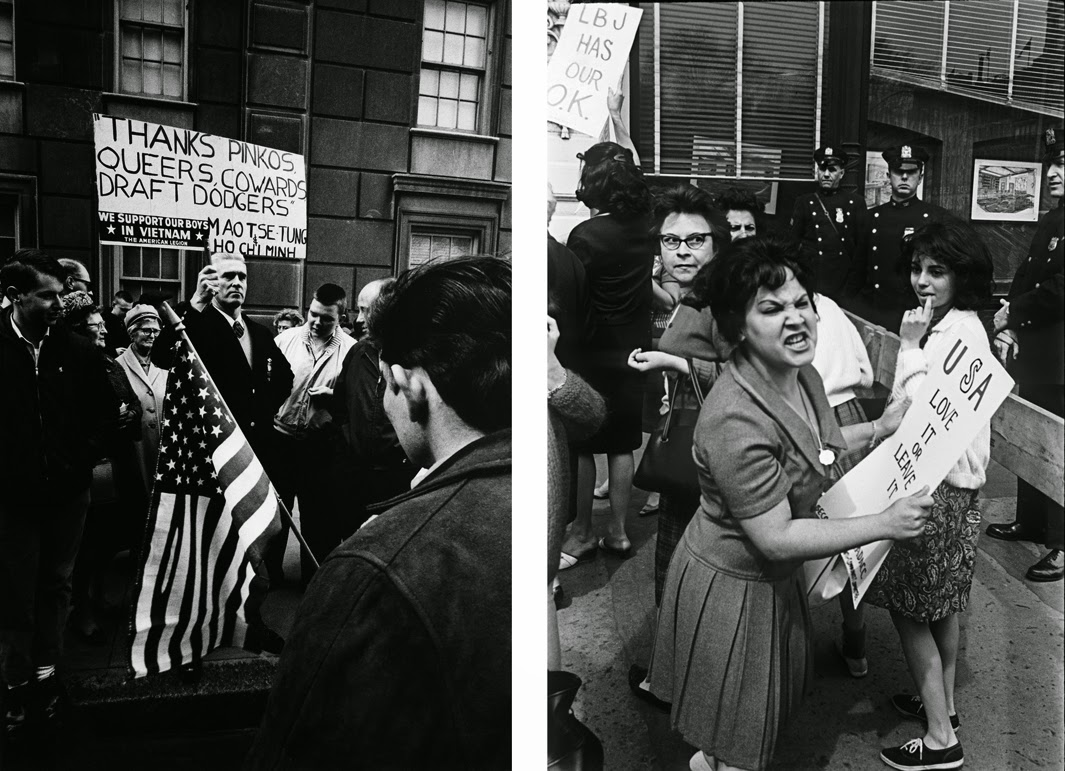This line of logic has always fascinated me. To begin with, the narcissistic solipsism of it is hilarious/disturbing (depending on how serious the topic is) to an insane degree -- for the people making this argument, there is apparently no one alive who genuinely disagrees with them, only people who are and are not able to voice that agreement depending on how much they value this mysterious notion of "political correctness." Though it does at least help explain why these folks are always so insistent on claiming everything is due to this weird, amorphous construct of political correctness -- after all, if everyone actually agrees with you, there must be some reason why they insist on pretending they don't agree with. Because there isn't actually anyone alive who thinks race doesn't explain everything about a person (and especially whatever worth they may have) or that sexism is stupid, or that gay people are human beings, etc.
But a recent psychology study finds a major root of this odd line of logic -- conservatives score significantly higher on measures of "truly false consensus,"meaning they are significantly more likely than others to express a desire to be like everyone else, and more importantly, assume everyone else thinks just like they do (on the flip side, more liberal people score significantly higher on thinking they're different from everyone else and experience "truly false uniqueness,"meaning they assume others disagree with them more than is actually the case).
This has really helped me to understand a line of logic I always thought to be disingenuous -- that is, when people claim "they're just saying what everyone's thinking" I've long figured they were simply trying to claim the mantle of the more popular opinion to shut down debate or make dissenters feel out of place. But it turns out that for many of these folks, they're not being disingenuous; they legitimately believe that everyone agrees with them, no matter how much evidence they have to the contrary.
This is one of those studies that raises so many more interesting questions (do people have these false feelings of consensus or uniqueness, which then leads them to certain political beliefs, or does the deeper one go into certain political beliefs make them more likely to feel those things? Or is it a mutually reinforcing movement in one direction?), but it does help explain a lot of comments on the internet. And pretty much the entire Bush administration. So that's something...








